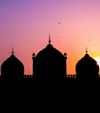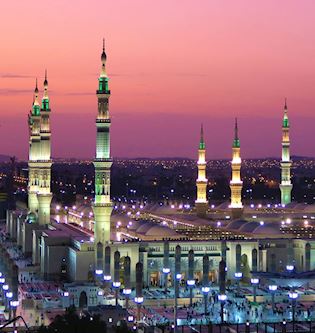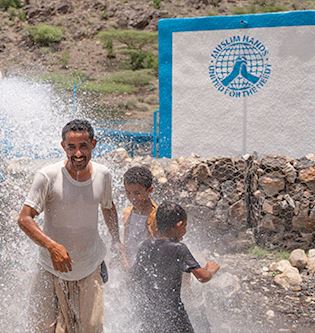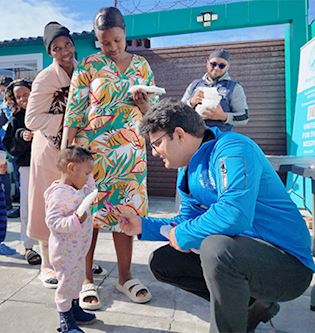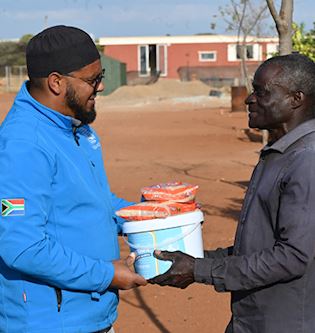Understanding the Kashmir Crisis – one year on
It has been over a year since a mass curfew was imposed in Indian-administered Kashmir.
To fully understand the reasons why the curfew was imposed, we need to rewind to 1947, when India was partitioned and the conflict over Kashmir first began.
Before 1947 and Partition
Britain ruled most of the Indian subcontinent between the 17th and 20th century, with the British government beginning its direct rule of India in 1858.
Just like many other British colonies, the government faced pressure in the 20th century to end its rule over India. Britain no longer had the resources to control India, which had once been its greatest imperial asset and local Indians started demanding independence and capitalised on the weakening British empire.
The British Parliament finally decided to end its rule in India after the Second World War.
At the same time, a growing Muslim separatist movement began forming in India. Although India has millions of Muslims, they were still proportionately a minority, and many desired a separate nation. In the 1940s, this movement was represented by Mohammad Ali Jinnah, a politician, and the leader of India’s Muslim League.
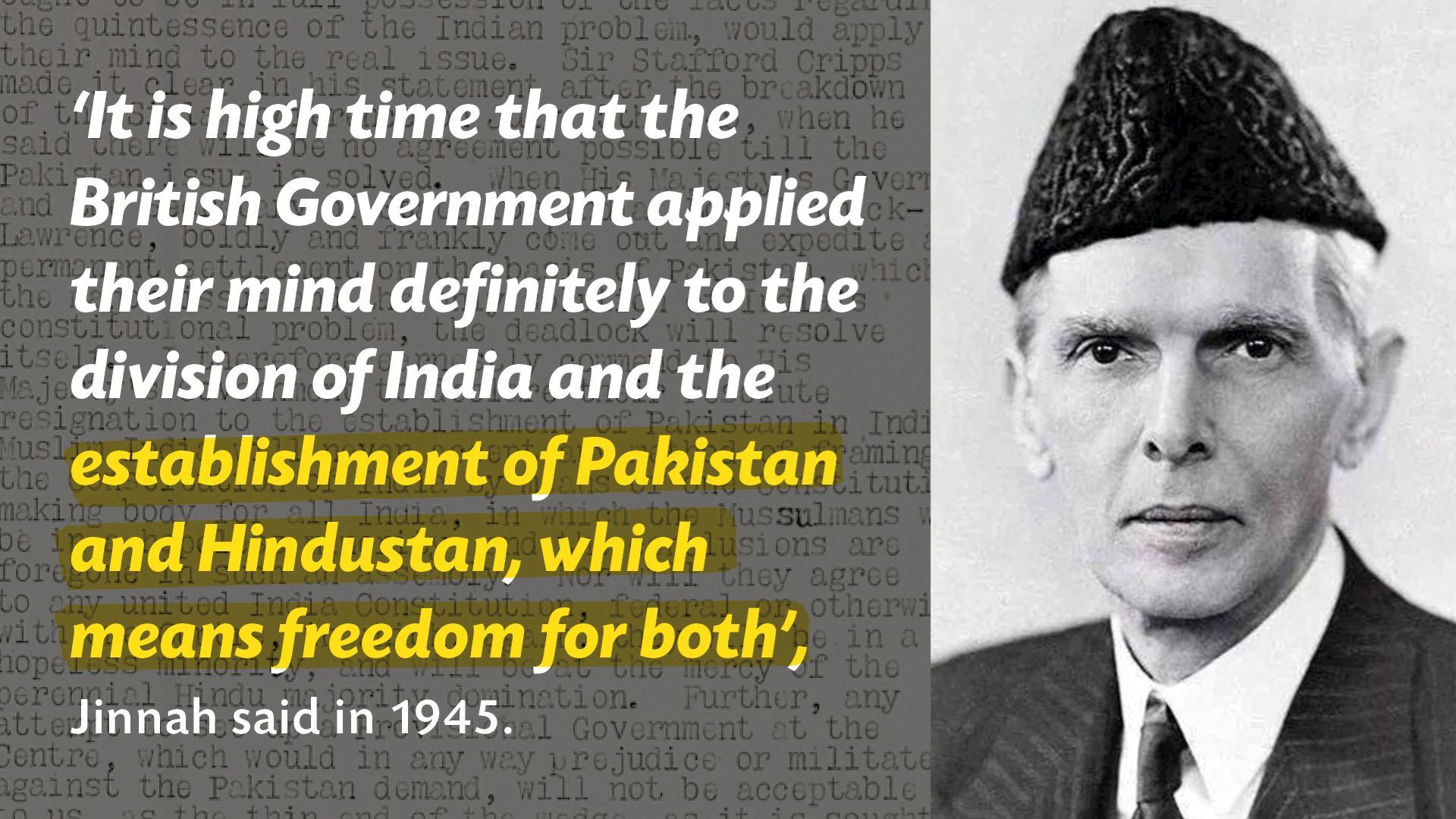
1947: The Partition of India
In the summer of 1947, Britain finally decided that Partition was inevitable and began to plan the process of dividing India up. The plan for Partition was hasty, with the borders of the new nations being drawn up in around six weeks.
The process was controversial and caused sudden and shocking violence between Muslims and Hindus.
It was a traumatic experience for many and witnesses at the time compared the horrific crimes they saw to the death camps of the Holocaust. By 1948, more than 15 million people had been uprooted, and almost two million people had died.
Historians re-examining the British colonial past today have questioned whether Partition could have been prevented by the Indian or British government, and whether India’s leaders ever really wanted to divide the country up.

Nonetheless, on August 14, 1947, the independent, Muslim-majority nation of Pakistan was formed. The independent, Hindu-majority nation of India followed the next day.
1947: The Dispute over Kashmir
So how does the Partition of India, over 70 years ago, lead to a crisis in Kashmir today?
Under the terms of Partition, more than 550 princely states within colonial India, that were not directly governed by Britain, were able to join either India or Pakistan or remain independent.
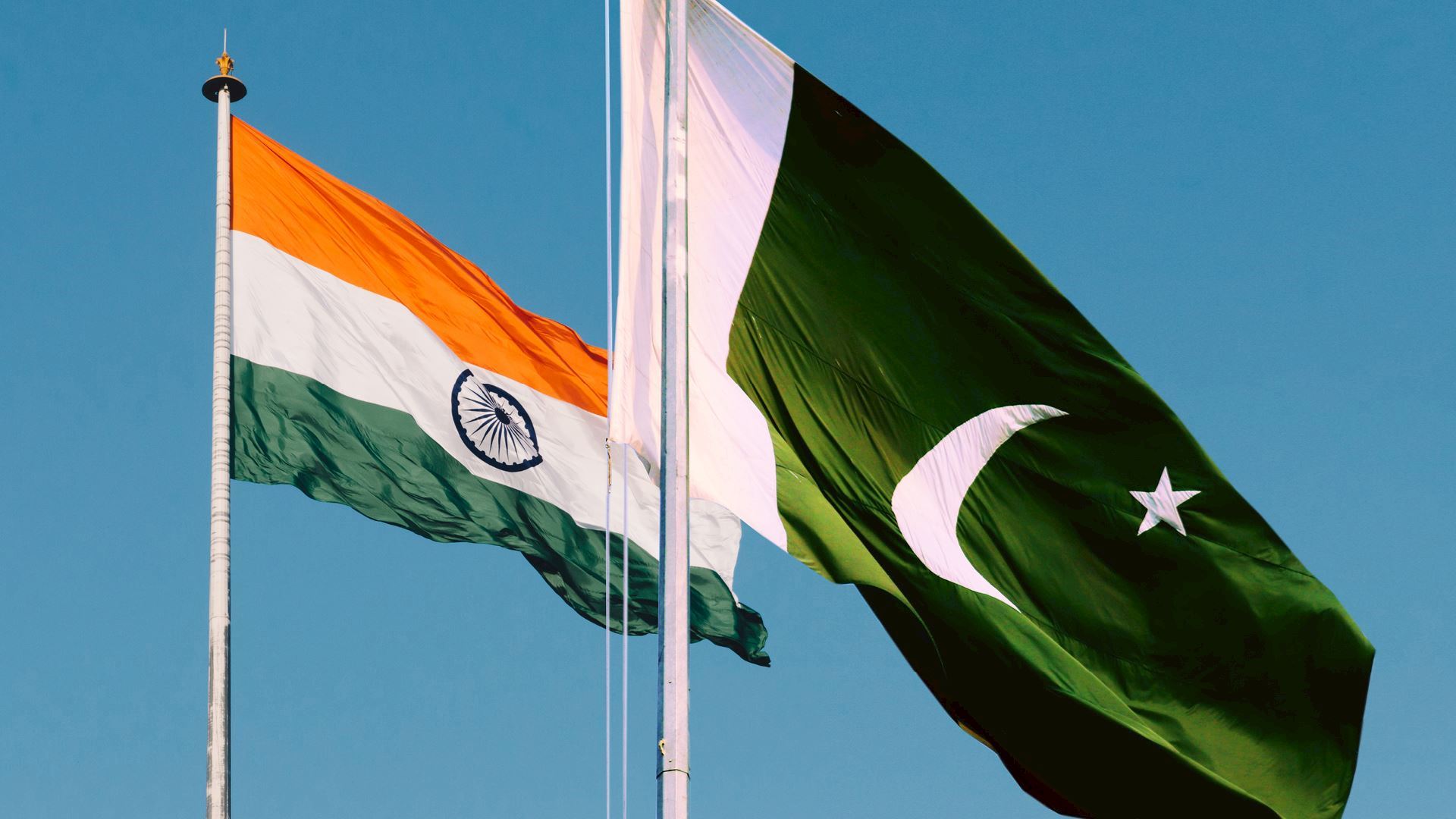
One of these princely states was Jammu and Kashmir, which had a majority Muslim population, but was governed by a Hindu prince called Hari Singh. Unlike most of the princely states, which aligned themselves with either India or Pakistan, Singh wanted independence for Kashmir.
He signed an agreement with Pakistan that allowed his citizens to continue trading and traveling between Pakistan and Kashmir, but India chose not to sign a similar agreement.
As the violent process of Partition continued, the government of Pakistan tried to pressure Kashmir into joining Pakistan, since Kashmir was a Muslim-majority state. With the help of Pashtun tribesmen, Pakistan took over much of western Kashmir. Singh turned to India for help in expelling Pakistan from Kashmir, but India’s military assistance was conditional on Kashmir becoming a part of India.
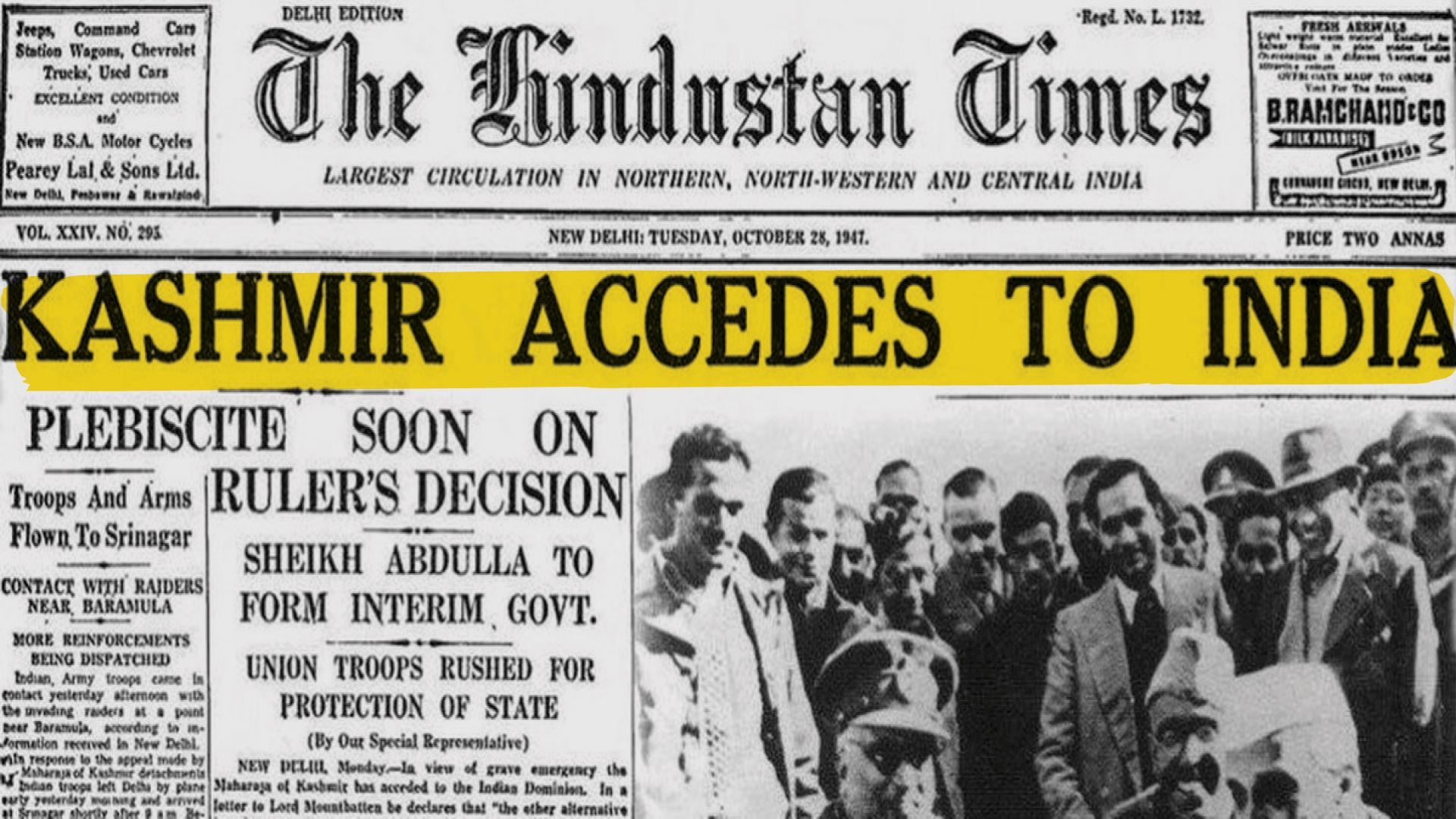
As a result, Singh signed the Instrument of Accession, a document that aligned Kashmir with the Dominion of India, in October 1947. Kashmir was later given special status within the Indian constitution which guaranteed that region would have independence over everything except for communications, foreign affairs, and defence.
After 1947: Continued Disputes Over Kashmir
There is currently a boundary between Pakistan-administered Kashmir and Indian-administered Kashmir, known as the Line of Control. It was originally a military front established by a ceasefire in 1949, but it was formally named the Line of Control in the Simla Agreement which was signed in 1972.
Indian-administered Kashmir is known as the State of Jammu and Kashmir. Pakistan-administered Kashmir is known as Gilgit-Baltistan and Azad Jammu and Kashmir (AJK).

Separatists within the State of Jammu and Kashmir still want either political independence or a complete merger with Pakistan since a UN resolution in 1948 promised a plebiscite in Kashmir.
However, India rejects third-party mediation on the Kashmir question, citing the 1972 Simla Agreement, in which Pakistan and India agreed to resolve the dispute mutually.
Pakistan and India have fought two wars over this issue and years of political instability and conflict have taken their toll on the people of Kashmir.
August 2019: Kashmir’s Special Status Abrogated
This brings us to the current crisis in Kashmir.
After Partition, Indian-administered Kashmir was given special status, guaranteeing them independence over almost all their affairs. This special status was outlined in Article 370 of the Indian constitution, but it was abrogated, or abolished, by the Indian government in August 2019.
Instead, the Indian government imposed a mass curfew and communications blackout on the region of Kashmir in 2019. Markets and roads were closed, which had a knock-on effect on the economy, and the price of food, transport and rent skyrocketed. Hundreds of political leaders and activities were also detained during this time.
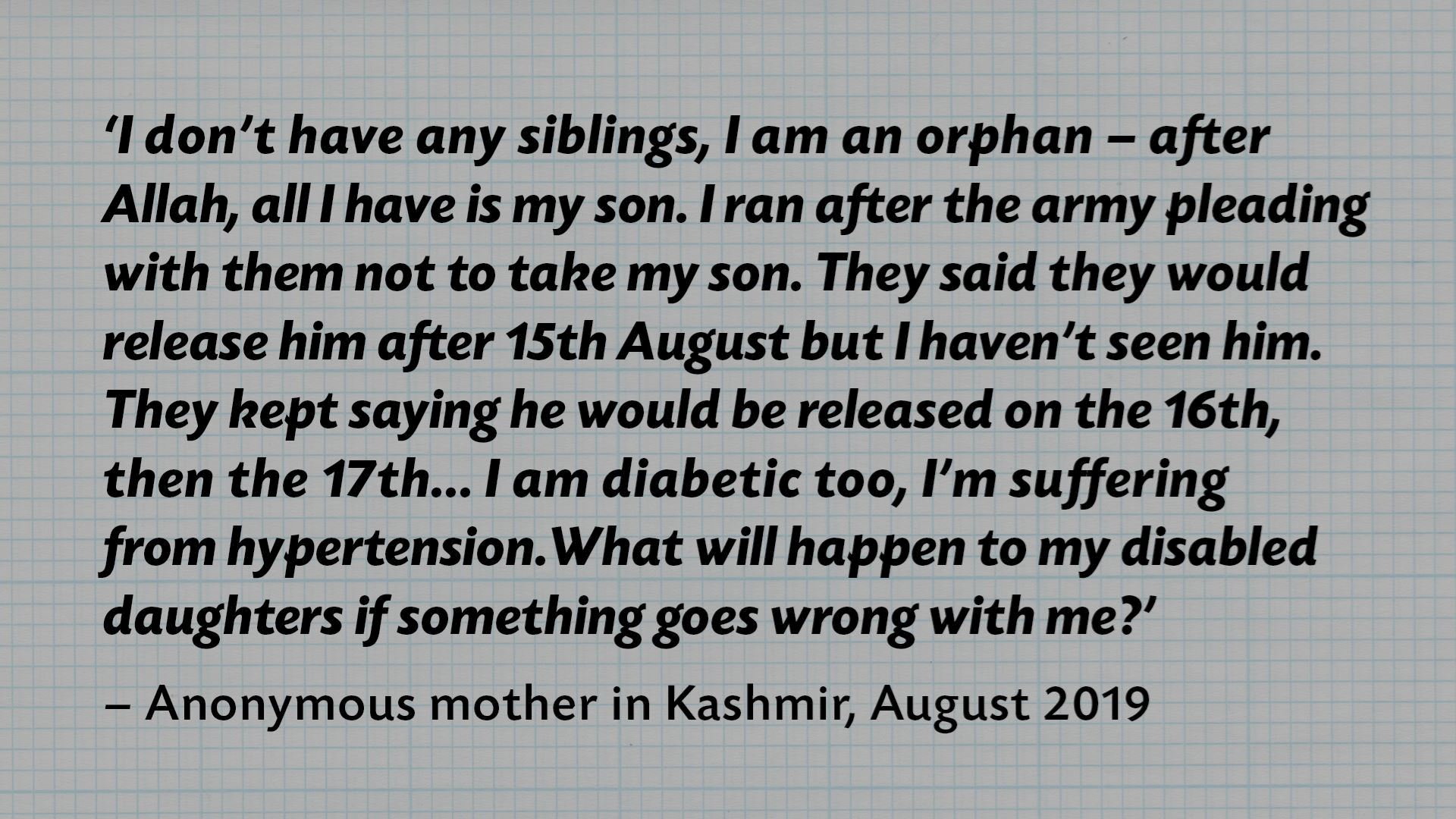
A year on, this crisis has been re-labelled as a coronavirus lockdown, but the communications blackout is still in place, and there is no sign of the curfew restrictions being lifted. The people of Kashmir have no Internet, other than 2G services, hospitals are not fully functional, despite the ongoing pandemic, and schools have been closed for over a year now.
More than half a million people have lost their jobs, with offices and companies shut down, manual labour forbidden and no daily wages.
As a result, most people within Indian-administered Kashmir are reliant on humanitarian aid in order to survive.
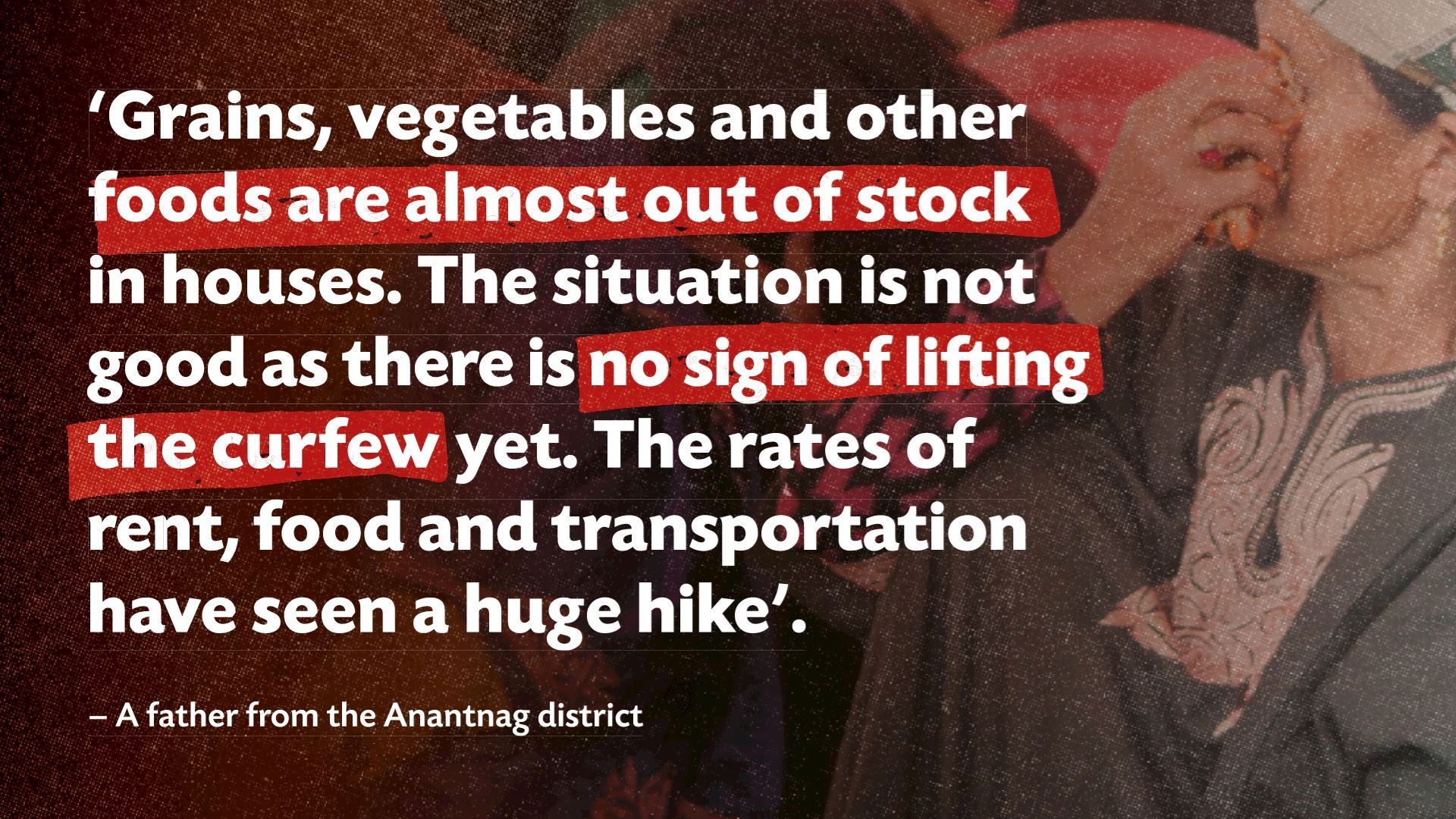
Our partners on the ground have been providing emergency aid to vulnerable families since the crisis began. This includes food parcels, medical packs and running ambulance services. Find out how to donate and help the people of Kashmir.





